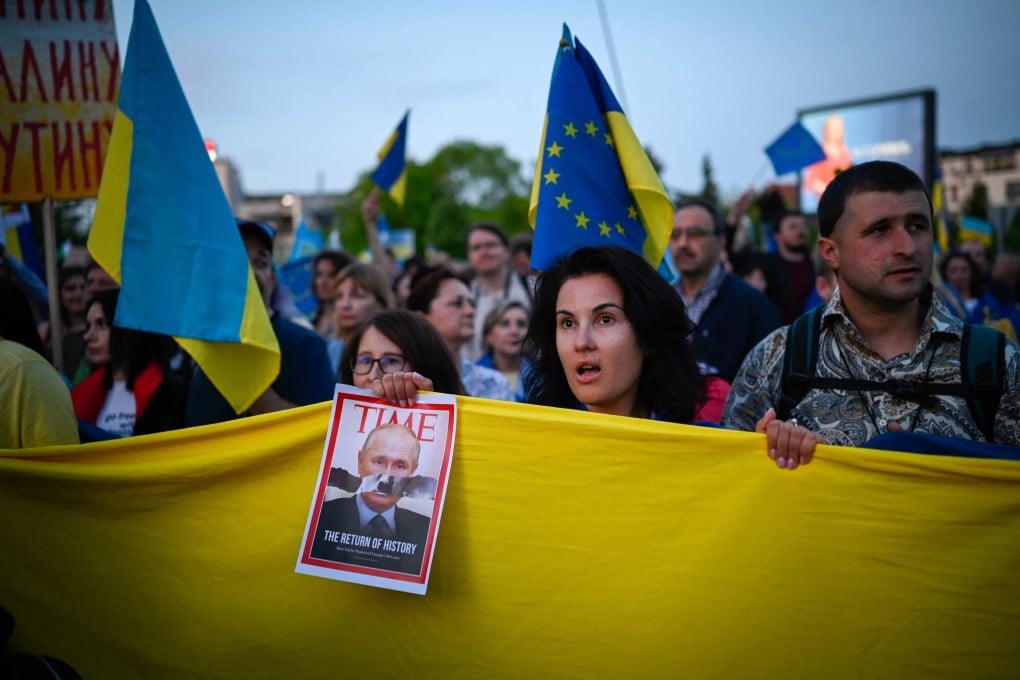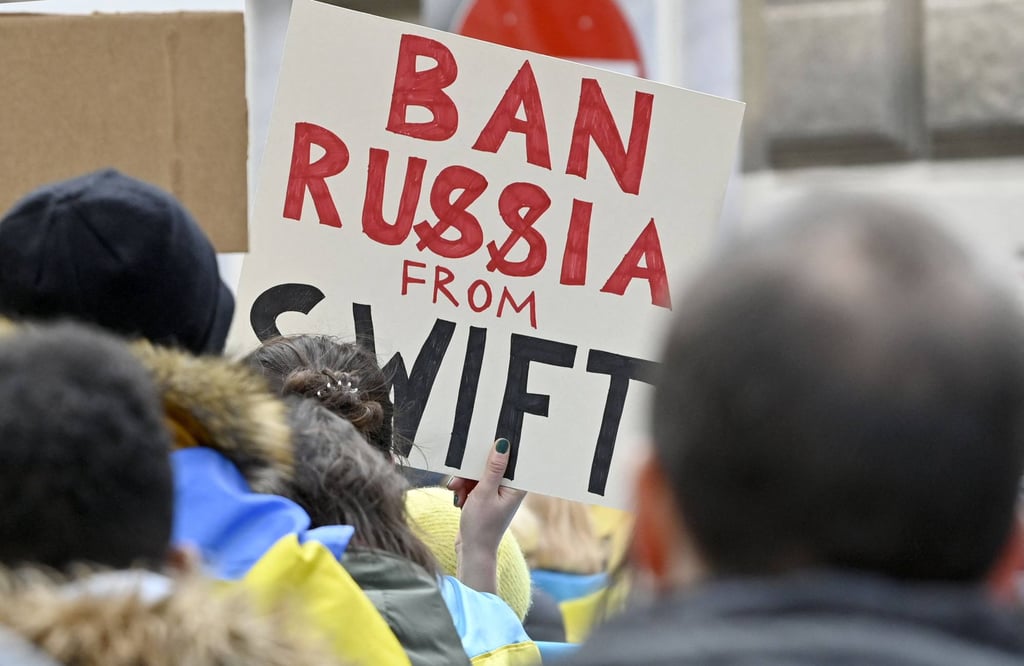Opinion | Backlash against Russians living abroad is all too familiar for anxious Chinese expats
- The war in Ukraine has prompted a rejection of all things Russian in the US and Europe, with expats now primary targets
- Such sentiment is sure to ring alarm bells among Chinese living overseas, for whom the racism endured during the pandemic remains a constant threat

Those who have permanently made their home abroad suffered more. Once seen as part of their host country’s community, they became stigmatised as the domestic appendage of a foreign enemy.
Russian children in Germany were bullied by their schoolmates, some Russian doctoral applicants claimed to have lost their offers, and private Russian establishments were vandalised in Europe and the US. Anti-Russian incidents surged across the West, along with online abuse.

In response, some Russians living abroad quietly hid their nationality. A Russian friend, now living in Canada, dropped a distinctive Slavic suffix in his surname. Even in Bulgaria, perhaps the most pro-Russian country in the European Union, a restaurateur told me of Russian customers only revealing their origins in hushed voices after their accents gave them away.
